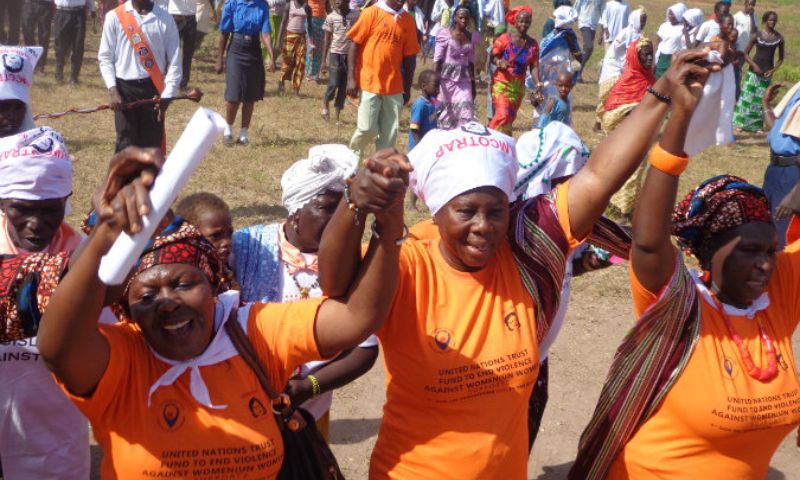GAMBIA: In a troubling turn of events, political and religious leaders in the Gambia are considering introducing a bill to decriminalize female genital mutilation (FGM), just eight years after the practice was outlawed. The 2015 law, a significant step towards eradicating FGM, may now face repeal as members of the country’s national assembly show support for this regressive move. The Supreme Islamic Council has even issued a fatwa condemning those who denounce the practice and urging the government to reconsider the legislation.
This potential backslide has been met with widespread criticism from activists and civil society organizations. Fallou Sowe, the national coordinator of the civil society organization Network Against Gender-based Violence, expressed concern, stating that reverting to FGM after eight years would have severe implications for the country. According to the country’s demographic health survey in 2019-20, a startling 73% of women aged 15 to 49 in the Gambia have undergone FGM, with almost two-thirds (65%) having been subjected to the procedure before the age of five.
FGM involves the partial or total removal of the external female genitalia and carries serious long-term health consequences, including infertility. It is recognized as a violation of women’s and girls’ human rights, leading the United Nations to pass a resolution in 2012 to ban the practice. Despite this, FGM is still prevalent in approximately 30 countries in Africa and the Middle East, often performed by female cutters for cultural and religious reasons, and sometimes seen as a prerequisite for marriage.
The existing law in the Gambia stipulates that a person convicted of performing FGM may face up to three years in prison, a fine of 50,000 dalasi (£622), or both. In cases where FGM results in death, the perpetrator could face life imprisonment. Recent debate arose following the conviction of three women for FGM in the Central River region, marking the first prosecution under the 2015 law. Subsequently, an Islamic cleric paid their fines and encouraged the continuation of the practice, sparking discussions to repeal the law.
Fatou Baldeh, a survivor of FGM and founder of Women in Liberation and Leadership, a Gambian civil society organization, voiced her dismay at witnessing the societal impact of these developments. Baldeh expressed concern that repealing the FGM law could jeopardize other laws protecting women and girls, including those forbidding marriage under 18. This move is anticipated to resonate beyond the Gambia, potentially influencing neighboring countries to question laws protecting women against harmful traditional practices.
In Sierra Leone, where 83% of women aged 15 to 49 have undergone FGM, organizations such as the Institute for Human Rights and Development in Africa, alongside a coalition of 26 feminist movement organizations, have filed legal cases against the government to compel the enactment of a law. The outcry against FGM is growing, as more individuals like Mama Jubi, a former practitioner of FGM, reject the practice upon realizing its lack of religious obligation and call for its abandonment.
As the world strives to advance gender equality and safeguard the well-being of women and girls, it is disheartening to witness a potential regression in the Gambia. The consequences of decriminalizing FGM would be far-reaching, endangering the progress made towards eradicating this harmful practice and perpetuating a violation of human rights. The global community must stand united in condemning any efforts to roll back the gains achieved in the fight against FGM and continue advocating for the protection and empowerment of women and girls everywhere.























